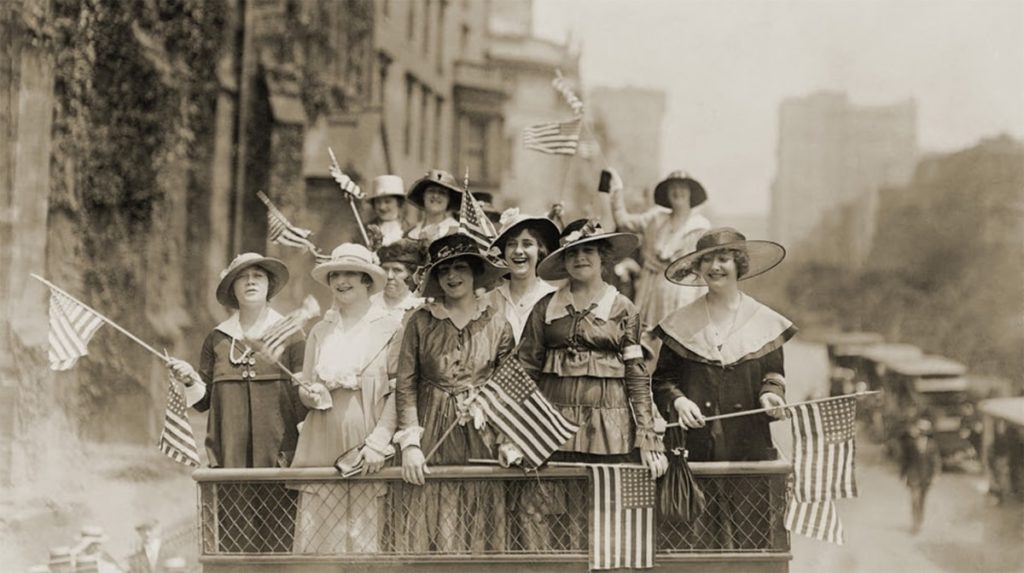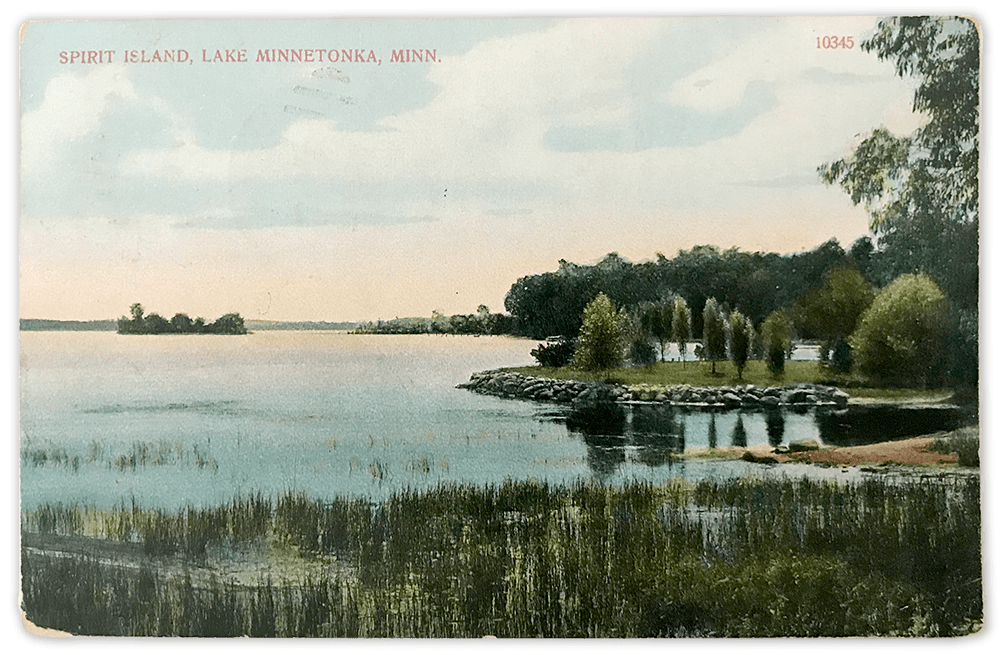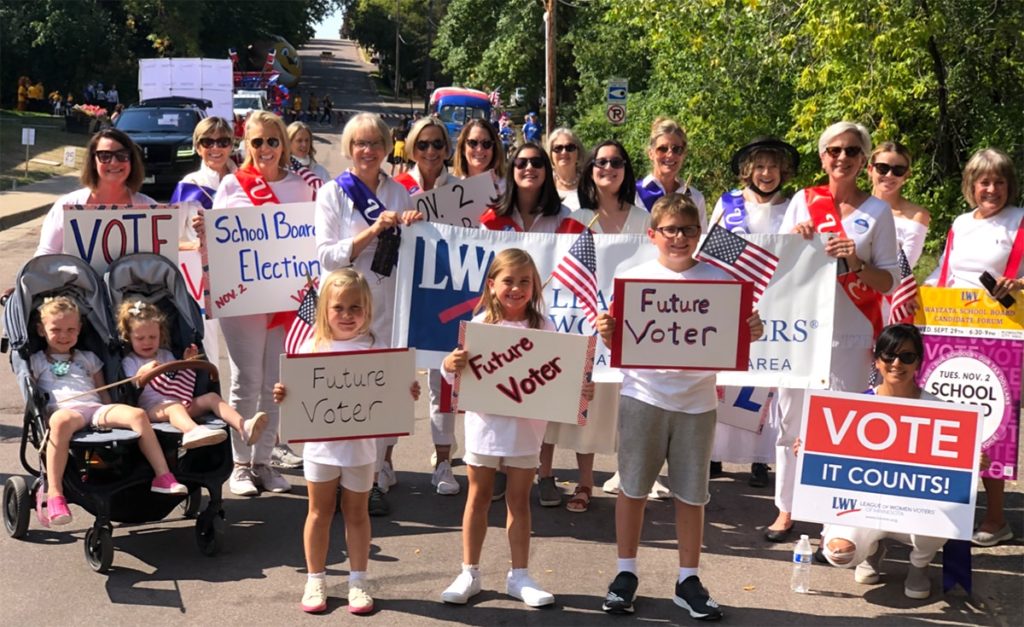
Our History

The League of Women Voters was founded in 1920 by Carrie Chapman Catt to support passage of the 19th amendment to the U.S. Constitution giving women the right to vote. Designed to support women with their new responsibilities as voters, the LWV has always been a grassroots organization advocating citizens’ active engagement in government and social reform. Since its inception, the League has maintained nonpartisan status – neither supporting or opposing political parties or candidates but focusing on policy issues of critical concern to the public.
Minnesota granted women the right to vote in the presidential election on March 24, 1919, and later ratified the 19th Amendment on September 8, 1919. The LWV Minnesota was organized on October 29, 1919, in meetings called by the Minnesota Woman Suffrage Association. Clara Hampson Ueland, a community activist and suffragist, served as LWV Minnesota’s first president.

Our local league, LWV of Wayzata, was formed in 1954 as the city of Wayzata was the only commercial center in the area. Forty-three women from the villages of Plymouth, Medina, Long Lake, and other surrounding communities joined. Mrs. C. Wickham Skinner served as our first president with dues set at $3 per member.

Over the years, the local league more than doubled in size and changed its name to LWV Wayzata-Plymouth Area to reflect the growing population of the surrounding area. Currently, over 50 members – both men and women – actively engage in local efforts to empower voters and defend democracy.

The League of Women Voters Wayzata-Plymouth Area honors the Dakota Homelands that surround us.
The city name “Wayzata” comes from the Dakota waziyata which means “to the north” or “north shore.” Lake Minnetonka (minne from the Dakota word meaning “water” and tanka meaning “great”) was and still is considered hallowed ground by the Dakota people who first inhabited this area.
Indian Mound Street references the burial mounds upon which Wayzata is built and that still exist along the shores of Lake Minnetonka, mounds that serve as the namesake of the city of Mound.
The city of Plymouth’s original inhabitants were the Dakota people who encamped at the north end of Medicine Lake – a lake name derived from the Dakota word Mdewakanton meaning “lake of the spirit.”
Our communities are built on indigenous land, and we honor the past and the present of the Dakota people.

